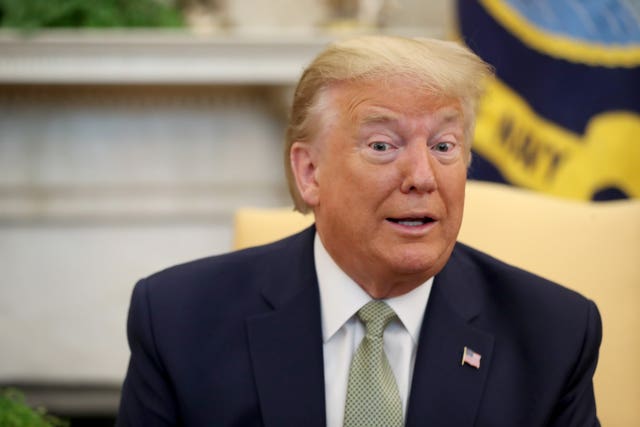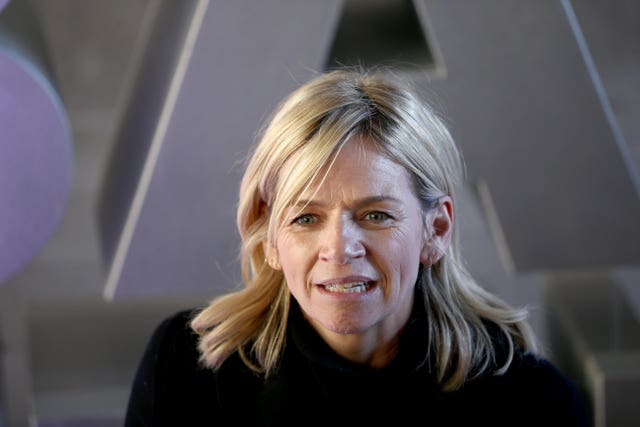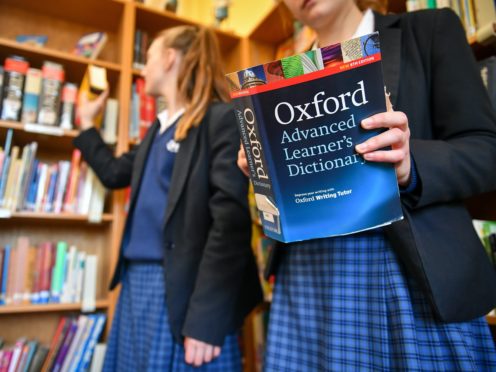Coronavirus has been named Children’s Word Of The Year.
Lexicographers at Oxford University Press analysed words used by thousands of young writers in submissions to a children’s story competition.
But it was not all doom and gloom – children became problem-solvers and focused on finding a cure in their stories.
The word appears despite the fact that Radio 2 Breakfast Show’s 500 Words competition closed on February 27, before lockdown.
Coronavirus was mentioned 459 times, and there was also increased use of words associated with the pandemic, such as NHS, virus, antibodies, epidemic, Wuhan and lockdown.

Technology also featured widely, with YouTube the most frequently referenced platform, while girls wrote about social media far more than boys.
The Australian bushfires and their impact on wild animals also featured, and there were increased mentions of environmental activist Greta Thunberg.
The person referred to most in the 134,709 stories was US President Donald Trump, followed by Hitler and Cristiano Ronaldo.
Helen Freeman, director of Oxford Children’s Dictionaries and Language Data at Oxford University Press, said she was surprised by the mentions of coronavirus so early in the year.
“Some of the stories definitely had a sense of something looming and almost prophetic and a sense of something heading our way…
“They are seeking answers to problems, they’re seeking cures. Some of them can be very funny – you’ve got unicorns leaning across and whispering the cure for coronavirus…
“It’s definitely not doom and gloom”, she told the PA news agency. “Lots of the stories are really funny and creative and there are more serious stories as well. Children like exploring serious topics and we don’t see that as a negative at all.”
Despite references to climate change, the virus and Australian bushfires, analysis showed the mood of the stories use more “positive rather than negative language”, she said.

The prize is celebrating its 10th anniversary and Freeman said analysis showed “improvements in grammar, spelling and punctuation” over the years.
Radio 2 Breakfast Show presenter Zoe Ball said the analysis showed “that kids are so aware of everything that’s going on in the world around them and then are able to turn it into the most brilliant, engaging and imaginative stories!”
Last year’s Children’s Word Of The Year was Brexit.
– The 500 Words final will be broadcast live on BBC Radio 2’s Zoe Ball Breakfast Show on Friday, with the winning stories read by celebrities including David Walliams, Dua Lipa, Joanna Lumley, Jodie Whittaker and Mwaka Mudenda.
